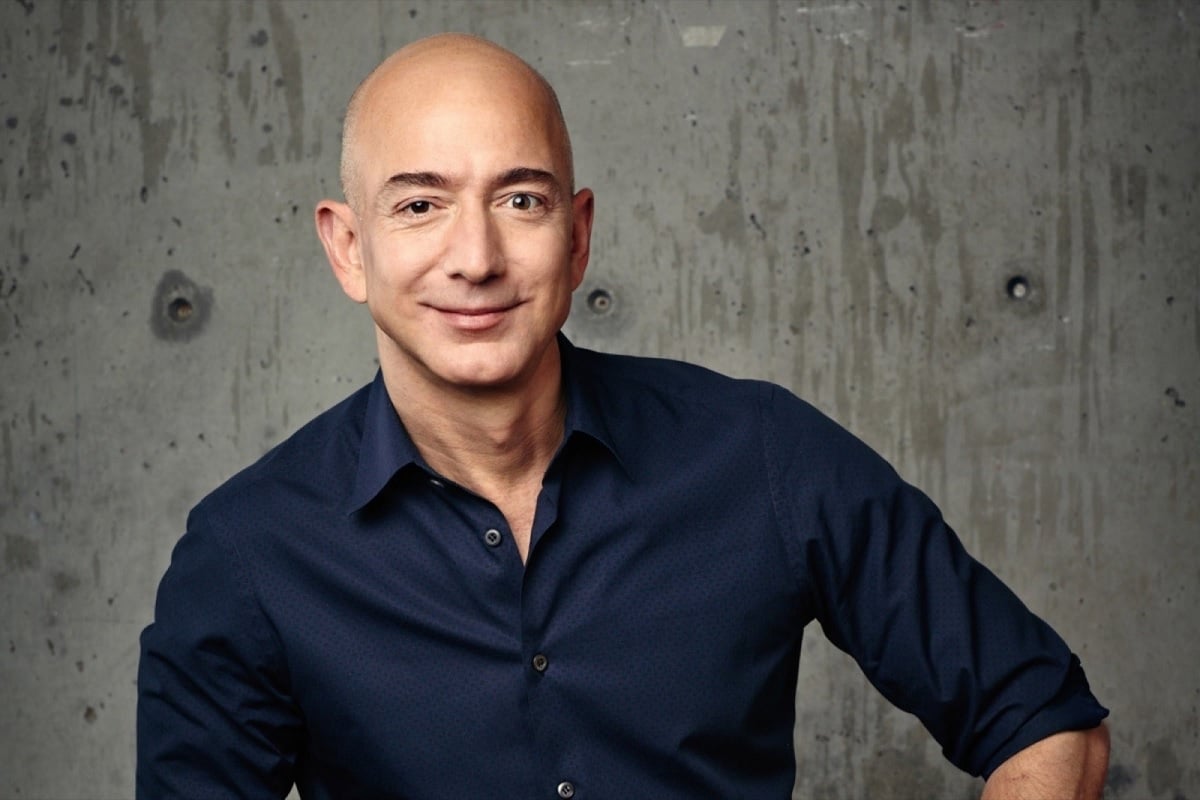Bezos supports Washington Post’s non-endorsement in 2024 election
Washington Post ends 36-year endorsement tradition for 2024 election

Jeff Bezos defended the Washington Post’s choice to abstain from endorsing a presidential candidate for the upcoming election on 5 November. He argued that such endorsements can lead to perceived bias. In an opinion piece released by the newspaper on Monday night, Bezos described the decision to cease the long-standing tradition of endorsing a presidential candidate as both principled and correct.
Bezos pointed out that endorsements do not influence election outcomes. He stated that undecided voters, for example in Pennsylvania, are unlikely to be swayed by a newspaper’s endorsement. Instead, he believes endorsements create an impression of bias and undermine the newspaper’s independence.
Will Lewis, the Washington Post’s CEO and Publisher, announced on Friday that the paper would not endorse a presidential candidate, prompting controversy both within and outside the newsroom. Reports indicate the editorial board had prepared a draft favouring Vice President Kamala Harris over former President Donald Trump, which was halted.
Washington Post owner, Jeff Bezos, defends his decision to withhold the paper's endorsement in the 2024 presidential race in a rare op-ed:
"We must be accurate, and we must be believed to be accurate. It's a bitter pill to swallow, but we are failing on the second requirement." pic.twitter.com/UrmpfjgvQa
— Alex Salvi (@alexsalvinews) October 29, 2024
Following this decision, over 200,000 readers have reportedly cancelled their digital subscriptions, according to NPR on Monday. Additionally, some staff members in the opinion section have resigned.
In his op-ed, Bezos emphasised the declining trust in the press among the American public. He insisted that news organisations must enhance their credibility by controlling what they can and ensuring accuracy. He acknowledged the general belief in media bias and stressed the importance of addressing this perception.
Bezos, the second-richest individual globally, also noted that despite his paper and the New York Times winning numerous awards, they predominantly engage with an elite audience. Many people now turn to unverified sources like social media, which can spread misinformation and exacerbate divisions.
Bezos also addressed allegations from Robert Kagan, an editor-at-large who resigned, claiming a deal was made with Trump after the GOP nominee met with Blue Origin executives, a company owned by Bezos. He denied any quid pro quo, clarifying no campaign or candidate was involved in the decision.
Bezos claimed ignorance of the meeting between Blue Origin and Trump, which coincided with the non-endorsement announcement. Upon learning of it, he expressed concern over potential misinterpretations of the decision.
The Washington Post’s choice to refrain from endorsing in the 2024 election marks the first such instance in 36 years. Lewis explained that this is not a break from tradition but a return to the paper’s earlier practice of non-endorsement. He stated it aligns with the Post’s values and demonstrates confidence in readers’ ability to form their own opinions.
What Other Media Are Saying
- NBC News covers Jeff Bezos defending The Washington Post’s decision to cease endorsing presidential candidates, emphasizing independence and credibility over perceived bias.
Key points include:
– The decision was made to address concerns about political bias.
– Endorsements do not influence election outcomes, according to Bezos.
– The move has triggered criticism and resignations within the editorial team.
– Bezos denies any quid pro quo involvement with former President Trump or Vice President Kamala Harris.
– The Post’s announcement led to a decline in digital subscribers and internal dissent.(read more) - Variety: Jeff Bezos defends ending Washington Post presidential endorsements, citing no quid pro quo and emphasizing an internal decision made without campaign consultation, despite criticism over optics and potential bias.(read more)
- The Daily Beast reports Jeff Bezos defends his decision to stop the Washington Post from endorsing presidential candidates, citing enhanced reader confidence and a reduction in perceived bias.(read more)
Frequently Asked Questions
Here are some common questions asked about this news
Why did Jeff Bezos defend the Washington Post’s decision not to endorse a candidate?
Bezos believes endorsements create perceived bias and undermine the newspaper’s independence.
How did readers react to the Washington Post’s non-endorsement decision?
Over 200,000 readers reportedly cancelled their digital subscriptions.
What impact does Bezos believe media endorsements have on elections?
Bezos argues that endorsements do not influence election outcomes.
Did the Washington Post have a candidate draft endorsement prepared?
Yes, a draft favouring Kamala Harris over Donald Trump was reportedly prepared but halted.
What does Bezos say about the public’s trust in the press?
Bezos emphasized the need to enhance credibility and address the perception of media bias.







